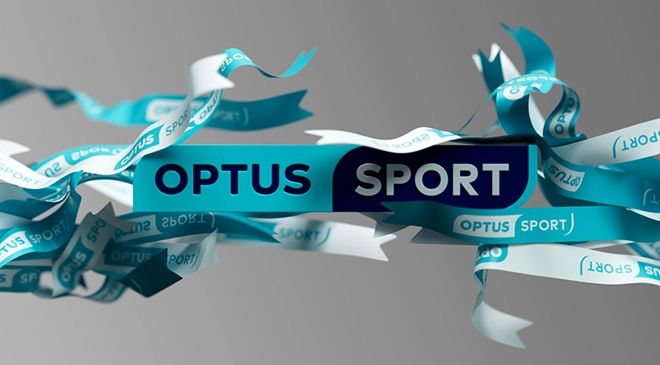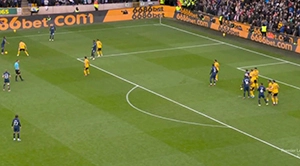 The Australian Communications and Media Authority (ACMA) has launched an investigation into media giant Optus Sport following a complaint filed last month by investigative journalist Jack Kerr that concerns the promotion of gambling operators.
The Australian Communications and Media Authority (ACMA) has launched an investigation into media giant Optus Sport following a complaint filed last month by investigative journalist Jack Kerr that concerns the promotion of gambling operators.
As reported by The Guardian, Kerr has alleged that a broadcast by Optus Sport of a December game between the Premier League’s Aston Villa and Manchester City contained frequent pitch-side advertisements of betting companies that have not obtained the necessary licensing to operate in Australia.
Kerr named several bookmakers that were promoted during games aired by Optus Sport, among which was the 8XBet sportsbook. According to Kerr, 8XBet’s lack of authorisation to accept Australian bettors means that the operator “should still be considered a prohibited interactive gambling service” under Australia’s gambling laws. W88, Parimatch, and Kaiyun are several examples of the other operators included in Kerr’s complaint. W88, in particular, is not authorised to operate in Australia, yet has made efforts to target Australia-based bettors.
An ACMA spokesperson commented on the issue, claiming that the watchdog is in the process of looking into the matter and that it is taking into consideration the information in the complaint along with “the context in which the content was alleged to have occurred.” ACMA also confirmed 8XBet’s status as a company that cannot operate in Australia, seeing as 8XBet has previously violated regulations outlined in Australia’s Interactive Gambling Act.
Virtual Advertising and the Legal Obligations of Optus Sport in Relation to Sports Rights Agreements
 In a LinkedIn post written last month that concerns the situation, Kerr specifically touched upon virtual advertising, a technology that allows streaming service companies to digitally insert virtual advertisements into pre-recorded broadcasts. He argued that given this technology’s “widespread use,” the promotion of unregulated gambling operators during matches presented to an Australian audience “should no longer be accepted.”
In a LinkedIn post written last month that concerns the situation, Kerr specifically touched upon virtual advertising, a technology that allows streaming service companies to digitally insert virtual advertisements into pre-recorded broadcasts. He argued that given this technology’s “widespread use,” the promotion of unregulated gambling operators during matches presented to an Australian audience “should no longer be accepted.”
Optus Sport, however, defended its airing of the matches, and the company’s spokesperson stressed that Optus Sport is obligated by legal sports rights agreements to “transmit the original feeds in full” and to not tamper with the footage. According to the spokesperson, this is standard practice when it comes to agreements surrounding a broadcasting company’s authorisation to air sports games. The said obligations also mandate that Optus Sport cannot replace pitch-side advertisements. Moreover, according to the spokesperson, the company’s coverage of the matches outlined in Kerr’s complaint are not in breach of Australian regulations, as pitch-side advertisements are exempt from prohibitions.
Earlier today, Kerr once again drew attention to virtual advertising, and deemed the pitch-side advertisements’ exemption to be a loophole in Australian regulations. Thus, Kerr implored c to examine the said legislation.
Optus Sport is among the various companies to have come under scrutiny in relation to the advertisement of gambling companies during sports games. In November last year, Seven Network Operations Ltd (Seven) was found to have violated Australia’s gambling advertising rules. As detailed by ACMA, this particular case concerned Seven airing an NFL game featuring gambling ads at 10.38am, a time that falls within the 5am to 8.30pm time frame, during which companies are prohibited from airing advertisements that promote gambling. This situation, along with Kerr’s recent complaint, makes it clear that gambling ads tied to sports games continue to be a point of contention in Australia.
- Author


